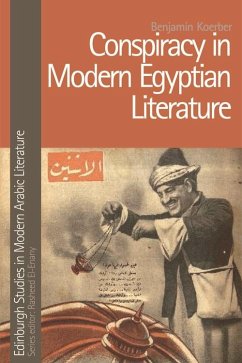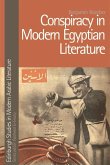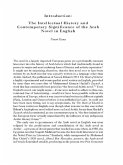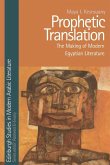Conspiracy theory in the Arab World has come to be associated with the rhetoric of Islamist extremists and authoritarian regimes. Yet its principle tropes - omnipotent secret societies, impending apocalypse, heroes who crack codes - have recurred in Arabic literature as well. A number of Egyptian authors, including Ali Ahmad Bakathir, Naguib Surur, Sonallah Ibrahim, Gamal al-Ghitani, and Youssef Rakha have crafted potent narratives of conspiracy that have remained unexamined until now.In a series of case studies, this book examines the diverse uses of conspiracy theory in Egyptian fiction since the early twentieth century. Read against the historical and intertextual backgrounds of individual authors and their works, conspiracy theory emerges not as a single, rigid ideology, but as a style of writing that is equal parts literary and political.
Dieser Download kann aus rechtlichen Gründen nur mit Rechnungsadresse in A, B, BG, CY, CZ, D, DK, EW, E, FIN, F, GR, HR, H, IRL, I, LT, L, LR, M, NL, PL, P, R, S, SLO, SK ausgeliefert werden.









![The [European] Other in Medieval Arabic Literature and Culture (eBook, PDF) The [European] Other in Medieval Arabic Literature and Culture (eBook, PDF)](https://bilder.buecher.de/produkte/46/46753/46753033m.jpg)